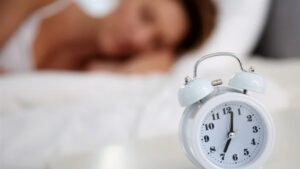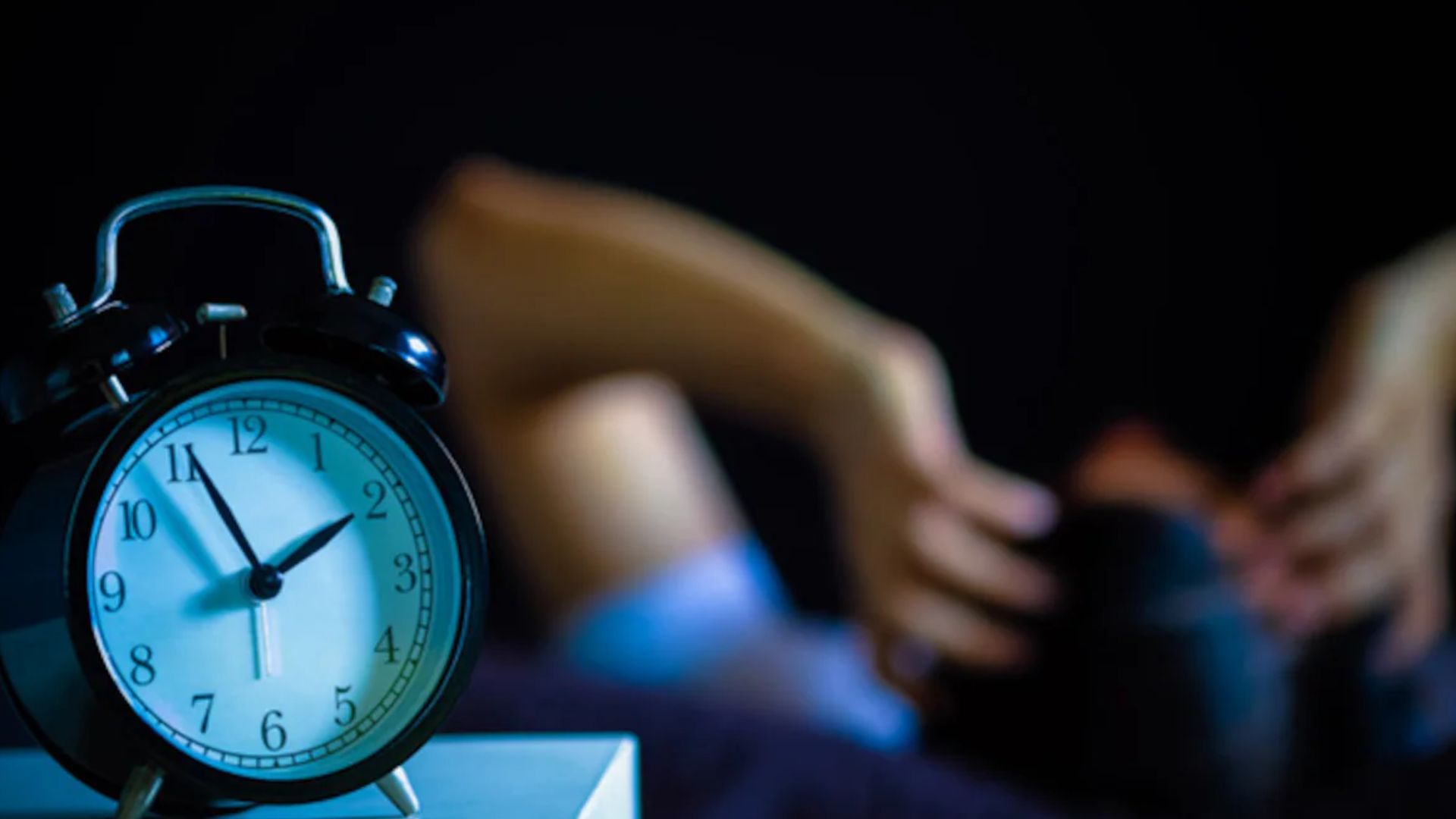Sleep is especially important for the development of teenagers and young adults. Without it, our bodies cannot sustain basic health functions. Indicators of muscle dysmorphia, a rising phenomenon among youth, have been linked to insufficient sleep, according to a new study. There were over 900 teenagers and young adults in the study, which was published in the journal Sleep Health. Those with more symptoms of muscle dysmorphia reported sleeping fewer hours and experiencing difficulty falling or staying asleep over the course of two weeks.
“Poor sleep can have significant negative impacts for adolescents and young adults, including increased negative mental health symptoms,” said lead author Kyle T Ganson, PhD, MSW, assistant professor at the University of Toronto’s Factor-Inwentash Faculty of Social Work.
“Poor sleep among those who experience muscle dysmorphia symptoms is concerning as it may exacerbate the functional and social impairment these individuals commonly report, as well as increase suicidal thoughts and behaviours.”
Prior research supports this cause for concern. Past studies indicate that, on average, adolescents and young adults are sleeping less than the recommended 7 to 10 hours per night.
Numerous studies have also shown that insufficient sleep is linked to symptoms of anxiety, depression, and psychosis and is a marker for mental health diagnoses. The study by Ganson and his associate is the first to look into the connection between sleep and muscular dysmorphia. The authors of the study suggest that there could be several different pathways linking a lack of sleep to the symptomatology of greater muscle dysmorphia. People who, for instance, have a higher threshold for physical appearance, obsessive thought patterns, and body and muscular anxiety may find it difficult to fall asleep.

Additionally, for some people, physical activity can take the place of sleep, such as when they work out in the evening to avoid conflict with their work obligations.

















